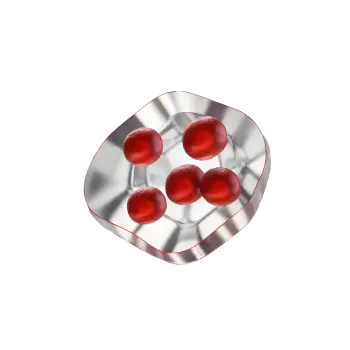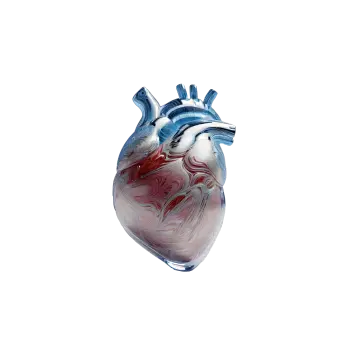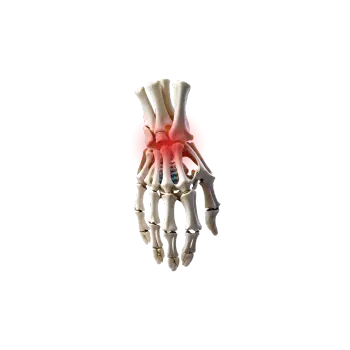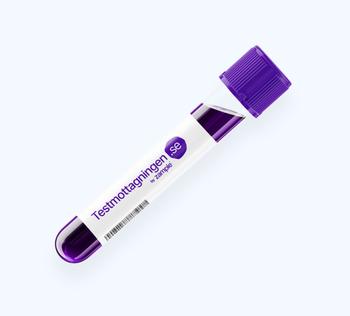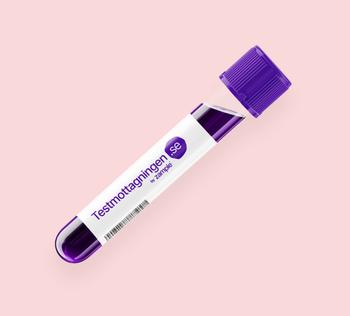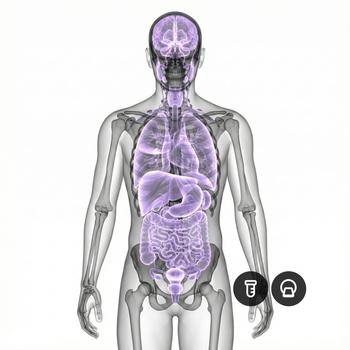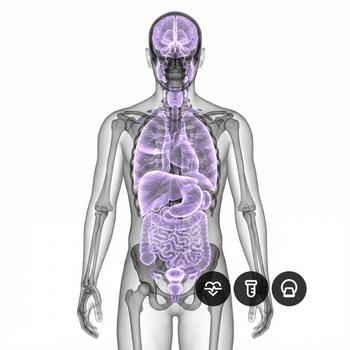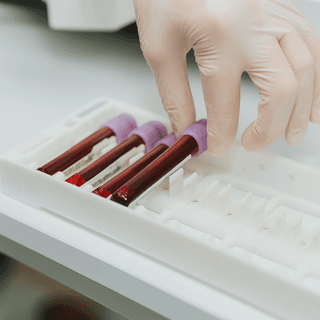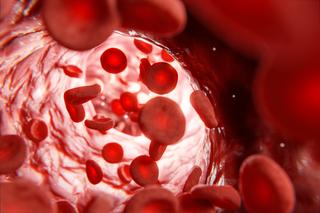What is hemoglobin, Hb?
Hemoglobin is a protein found in red blood cells and responsible for transporting oxygen from the lungs to the body's tissues and organs. Hemoglobin is important for the delivery of oxygen to the body's cells and for the removal of carbon dioxide that leaves the body when we exhale. It is produced in the bone marrow and is essential for the body's tissues and organs to function properly. Hemoglobin levels in the blood are an important factor in the diagnosis and treatment of a variety of medical conditions.
Analysis of hemoglobin, Hb
There are several reasons why it can be useful to analyze hemoglobin levels in the body. Some of the main reasons include:
To diagnose anemia:Anemia is a condition in which the body does not have enough healthy red blood cells to carry oxygen to the body's tissues.
To assess overall health:Hemoglobin levels can provide insight into a person's overall health and well-being. For example, low hemoglobin levels may be a sign of malnutrition or a chronic illness, while high hemoglobin levels may indicate dehydration or other health issues.
To monitor treatment:Hemoglobin levels may be monitored during treatment for certain conditions, such as anemia or cancer, to ensure that the treatment is effective and to adjust the treatment plan as needed.
Elevated value of hemoglobin, Hb
An elevated or high hemoglobin value can be caused by:
Dehydration:When the body is dehydrated, the concentration of red blood cells in the bloodstream increases, which leads to an increased hemoglobin value.
Polycythemia:This is a condition where the body produces too many red blood cells, leading to a high hemoglobin level.
Smoking:Smoking can increase the production of red blood cells, resulting in an increased hemoglobin value.
Other causes of elevated or high hemoglobin values can be living at high altitude, certain medications such as erythropoietin and testosterone which can increase the production of red blood cells and lead to an elevated hemoglobin value.
It is important to note that these are only a few possible causes of an elevated hemoglobin level and that a thorough medical evaluation is necessary to determine the specific cause.
Low value of hemoglobin, Hb
A low hemoglobin value, also called blood deficiency (anaemia) can be caused by, for example:
Blood loss:Hemoglobin levels can drop if the body loses a significant amount of blood, either through injury or surgery.
Nutritional deficiency:Anemia can be caused by a lack of nutrients such as iron, folate or vitamin B12, which are necessary for the production of healthy red blood cells.
Chronic disease:Certain chronic diseases, such as kidney disease or cancer, can lead to anemia by interfering with the body's ability to produce healthy red blood cells.
Medications:Certain medications, such as aspirin and nonsteroidal anti-inflammatory drugs (NSAIDs), can cause gastrointestinal bleeding, leading to anemia.
Pregnancy:Pregnancy can lead to anemia due to the increased demand for red blood cells to support the growing fetus.
It is important to note that these are only a few possible causes of a low hemoglobin level and that a thorough medical evaluation is necessary to determine the specific cause.
Symptoms of anemia
Anemia is a condition where the number of red blood cells in the blood is lower than normal. Symptoms of anemia may include:
- fatigue and weakness
- shortness of breath
- dizziness
- heart palpitation
- drop in blood pressure
- emaciation
- fainting
- tongue fever
- restless legs
- headache.
These symptoms can vary depending on the cause and severity of the anemia. If you experience any of these symptoms, it is important to talk to a doctor.
























